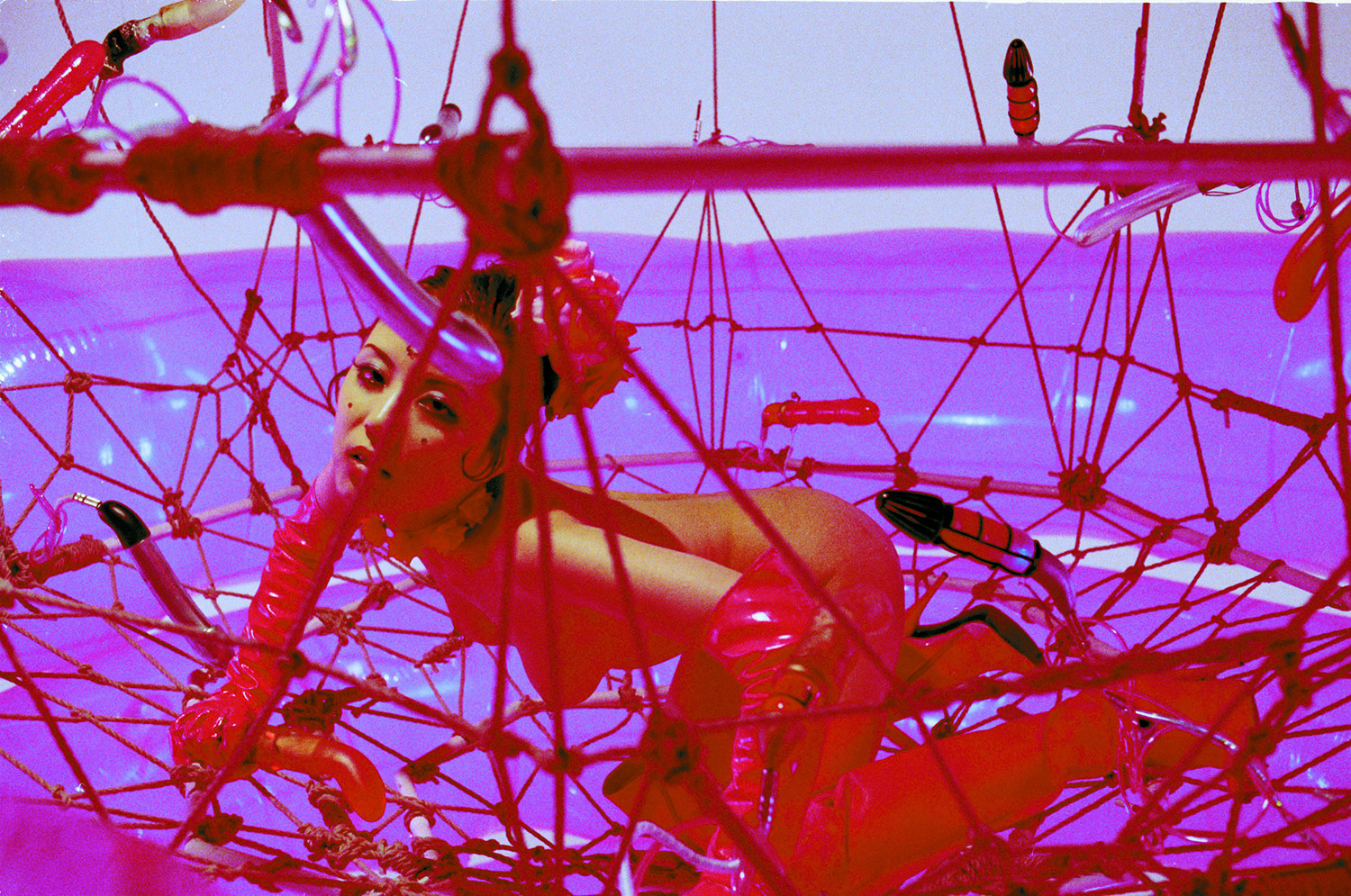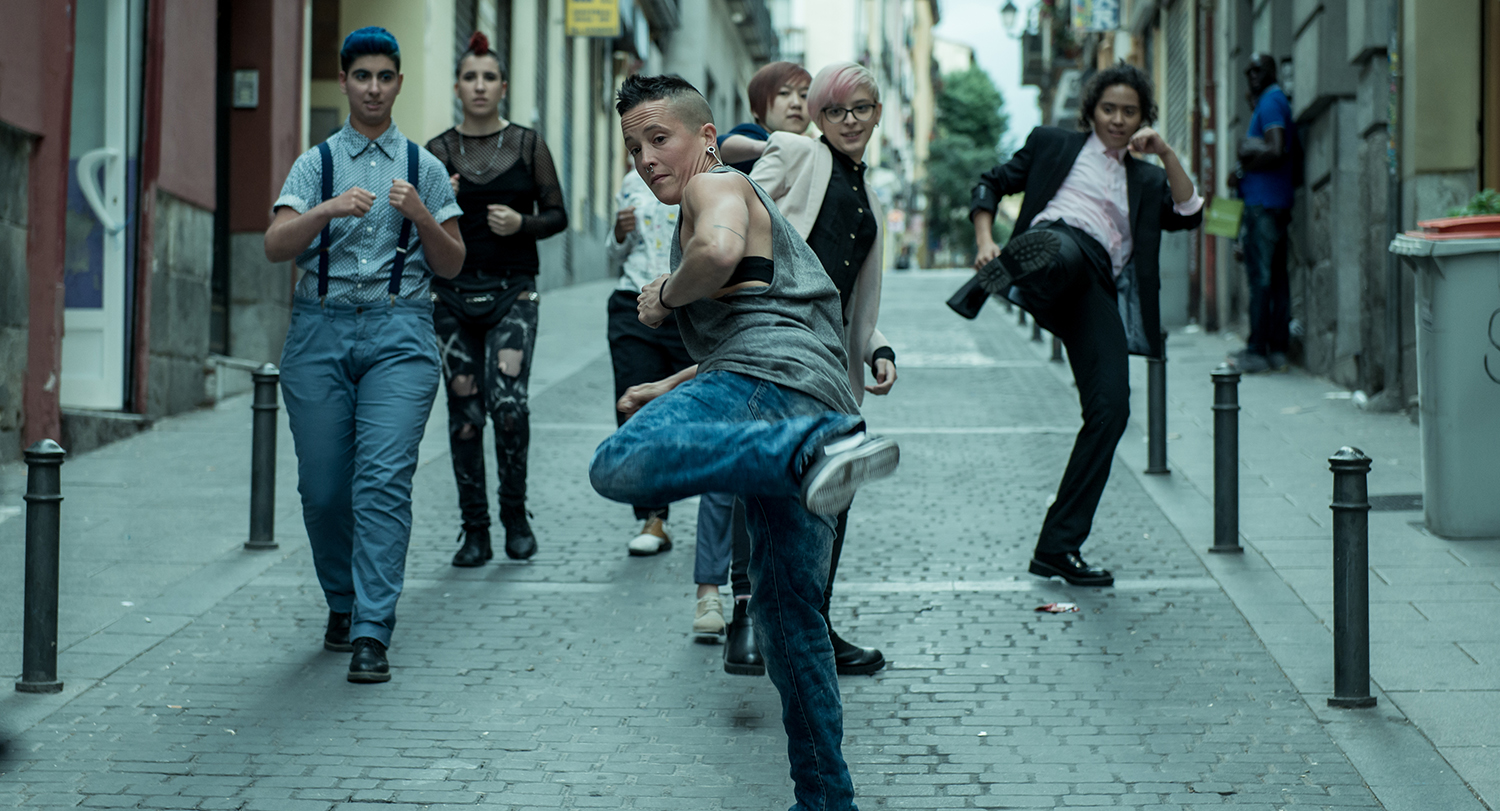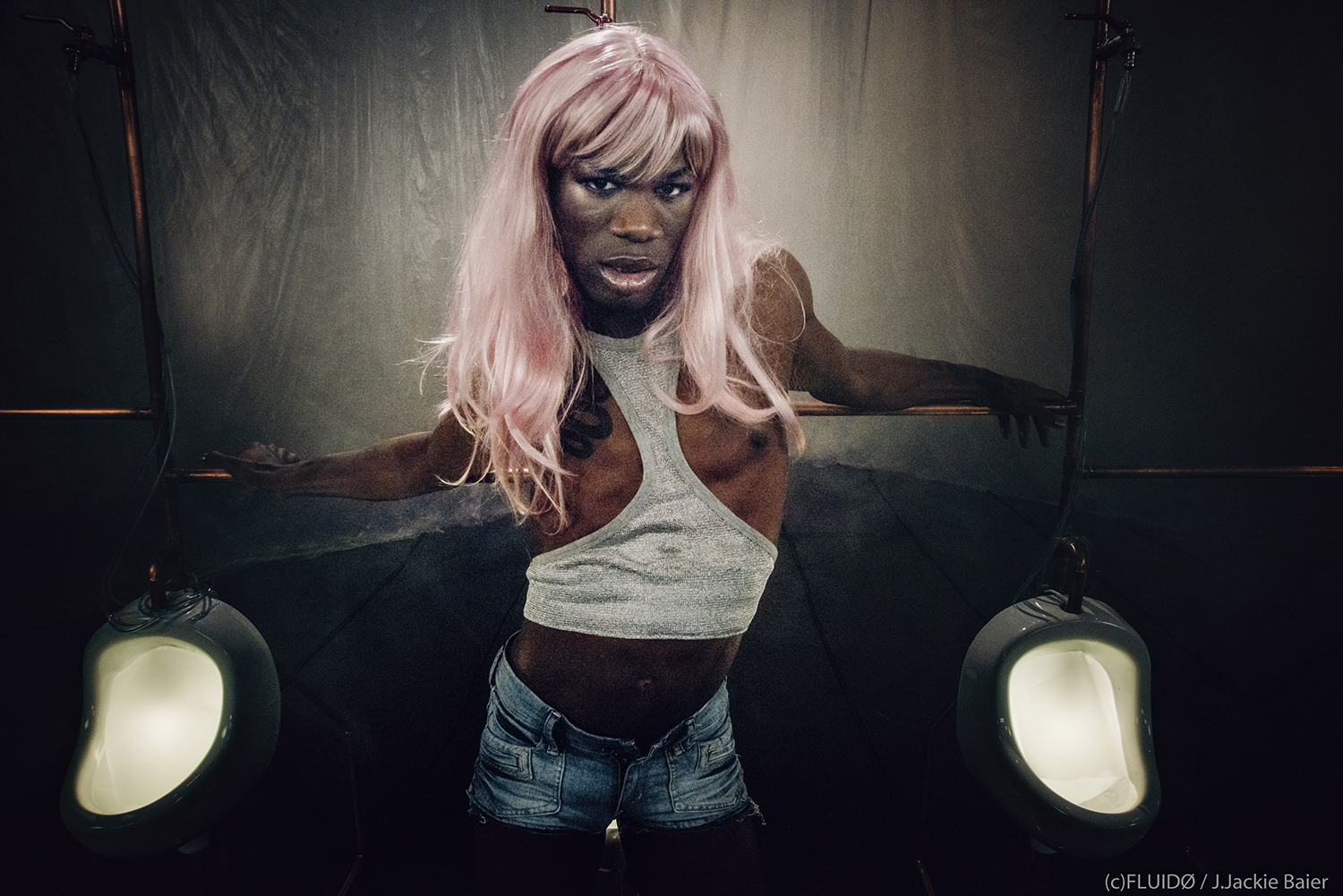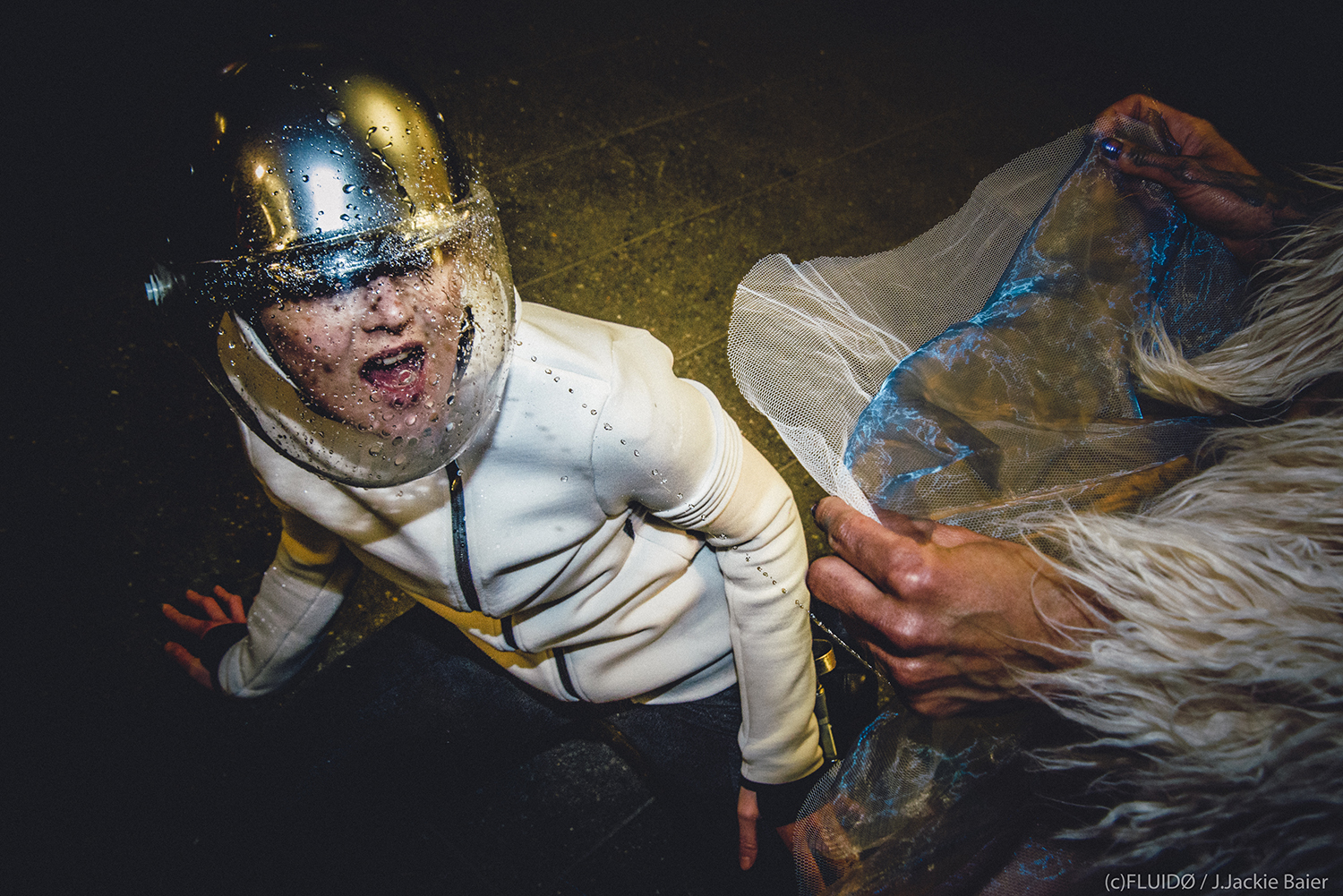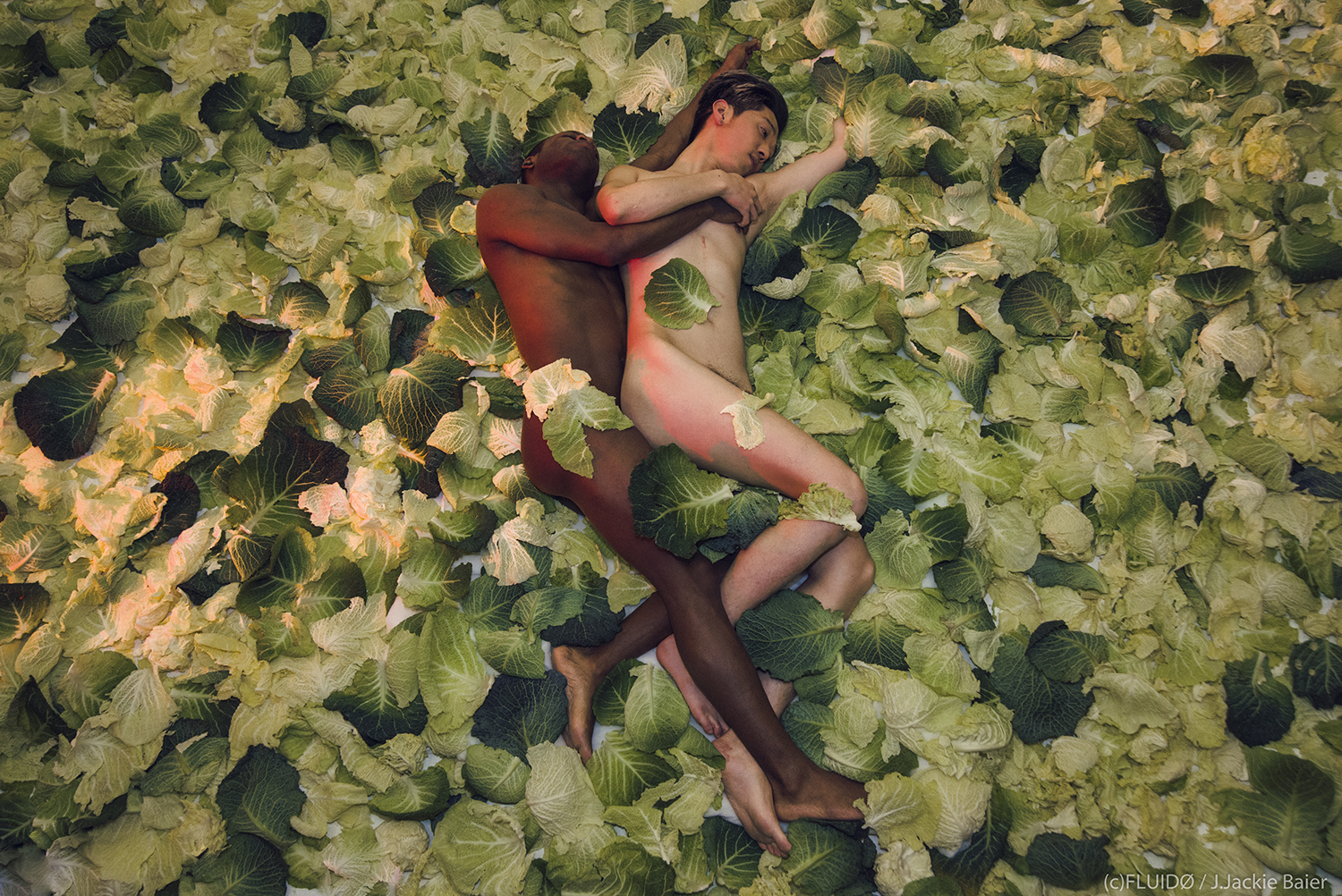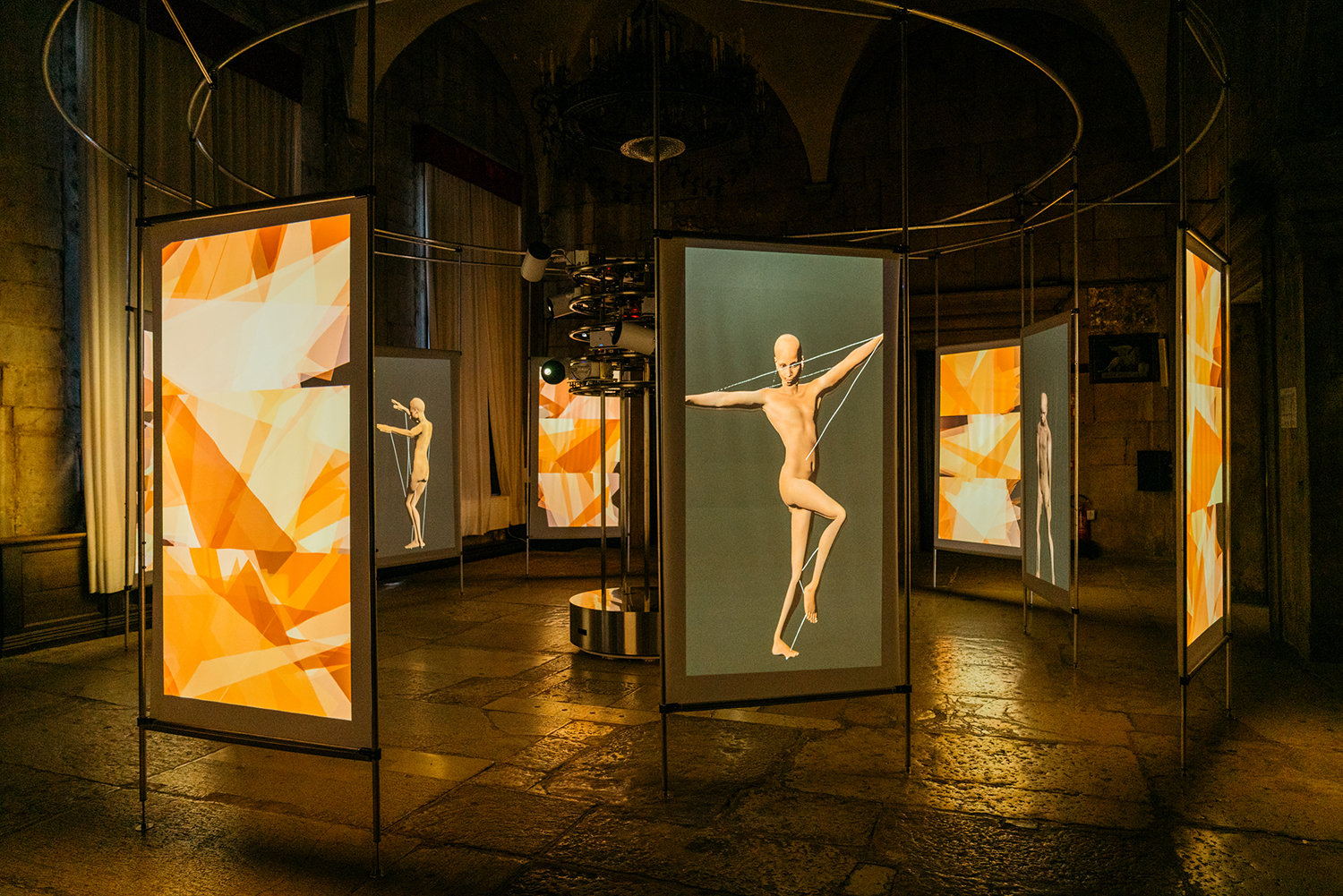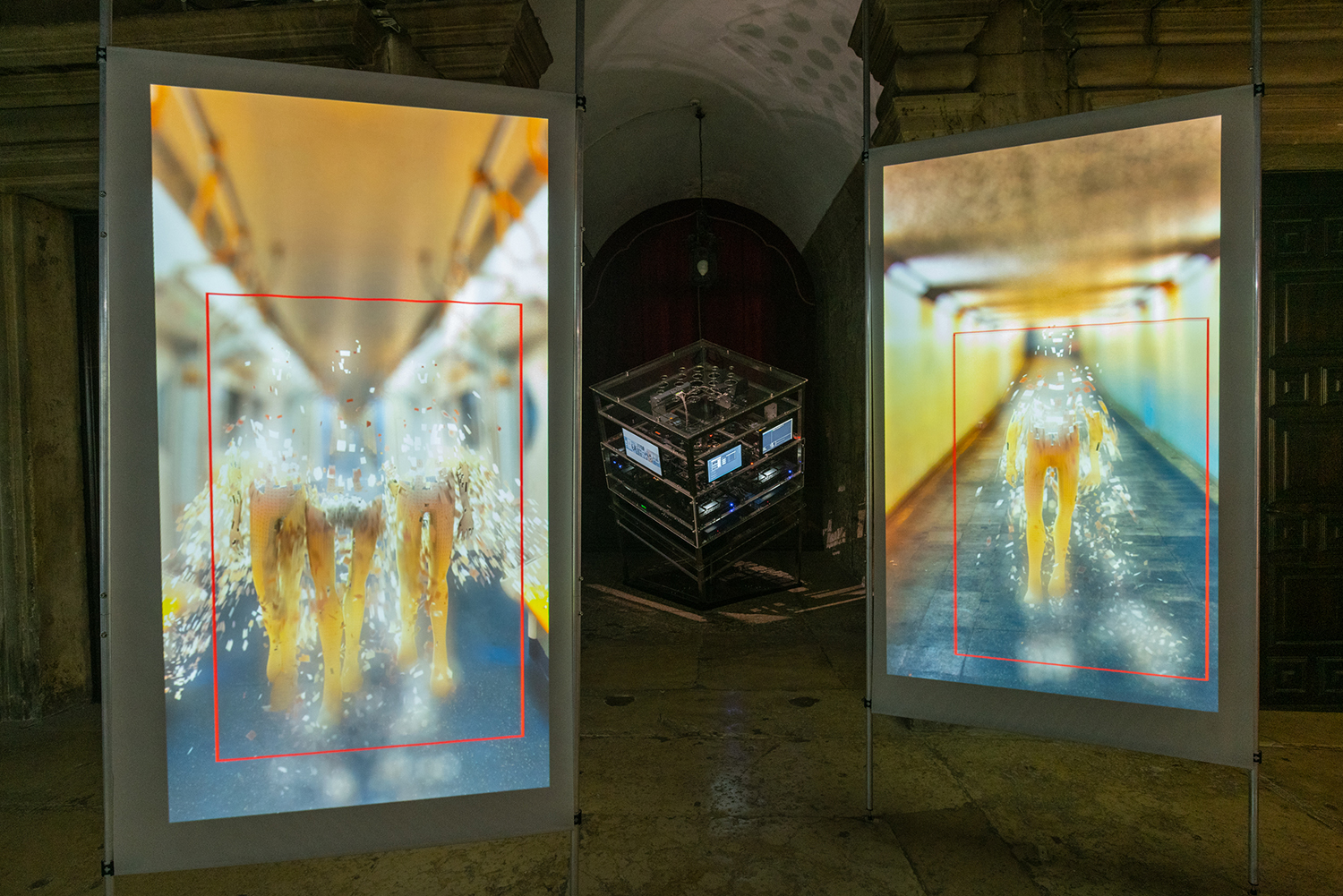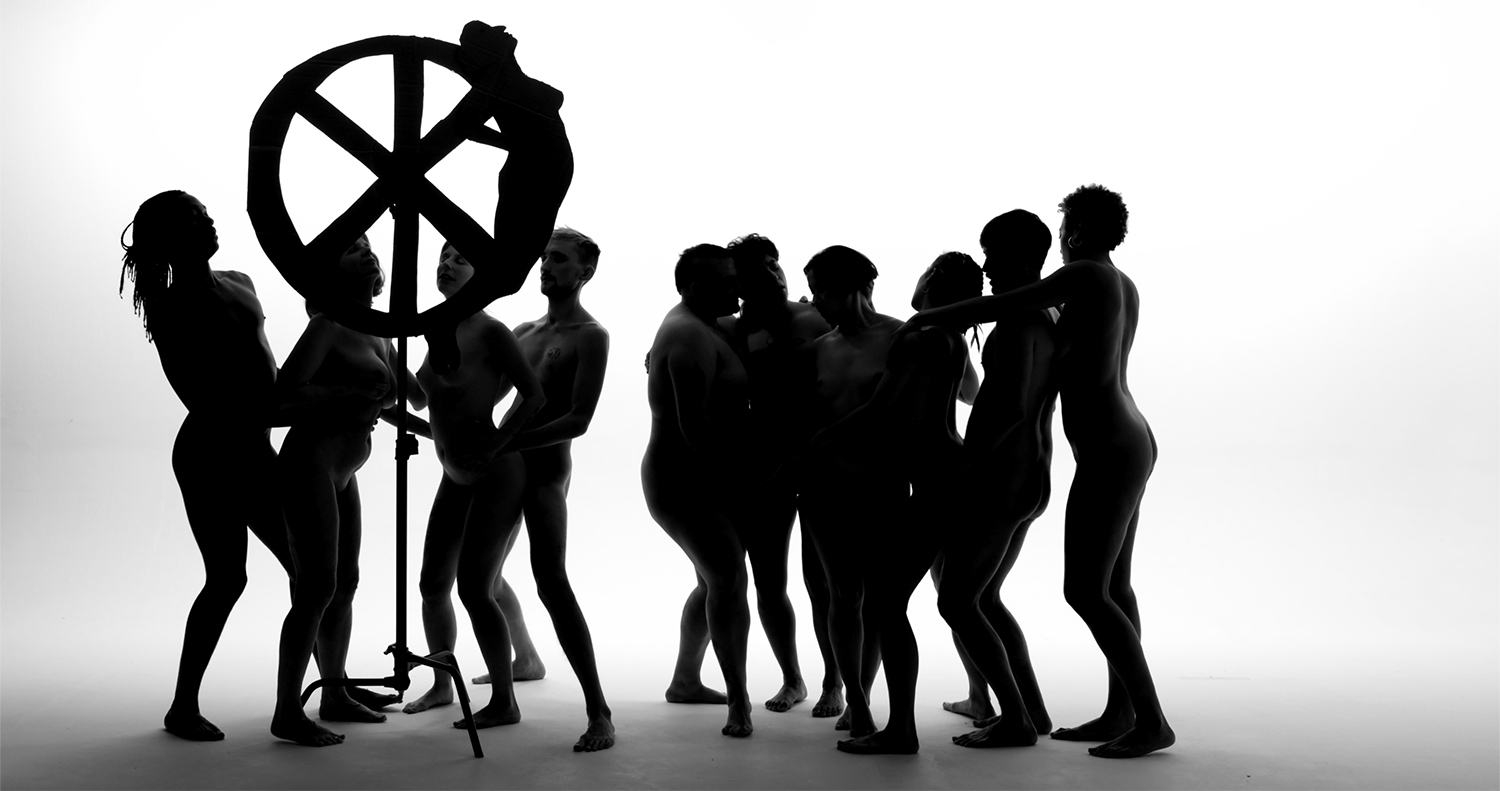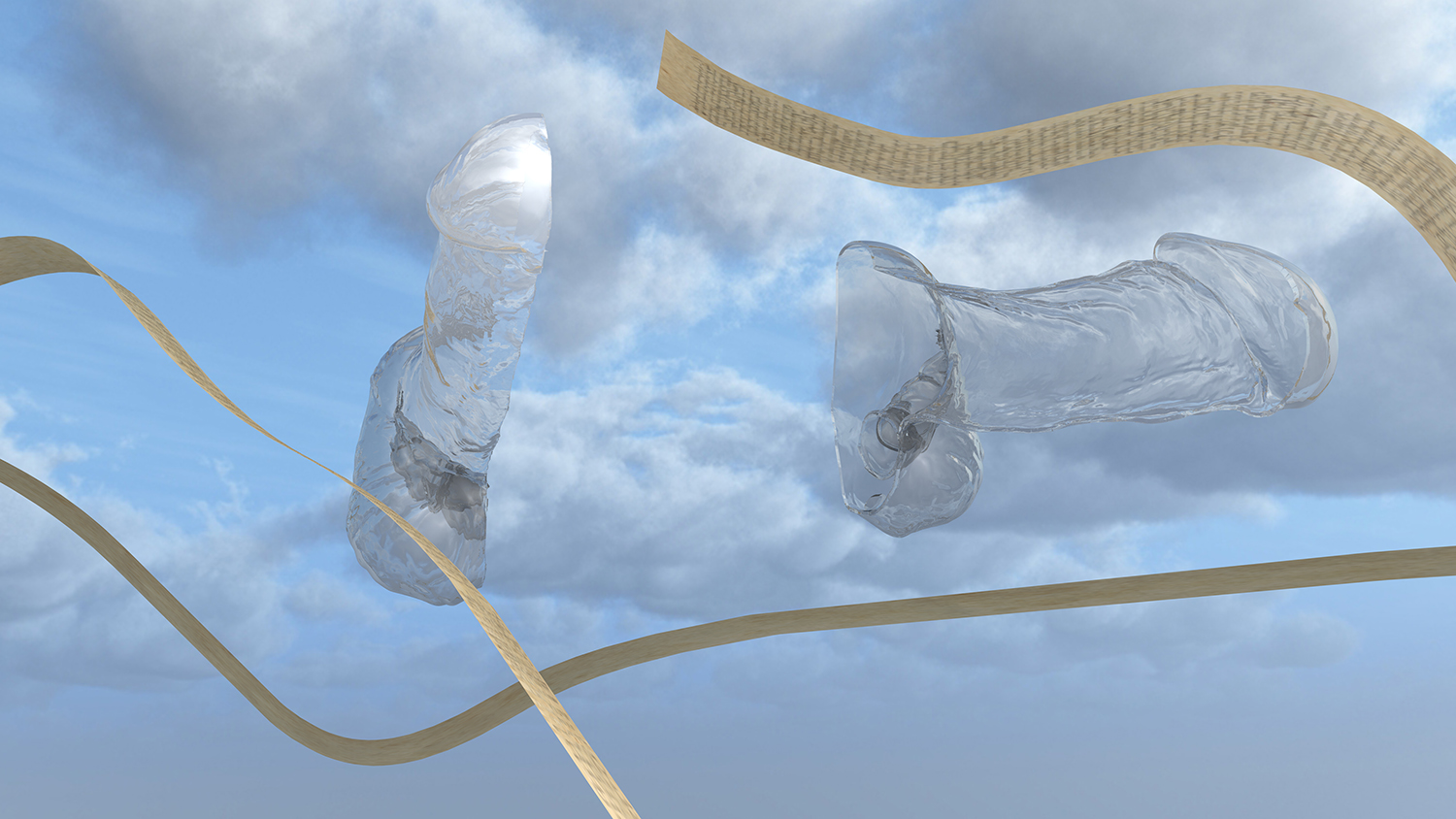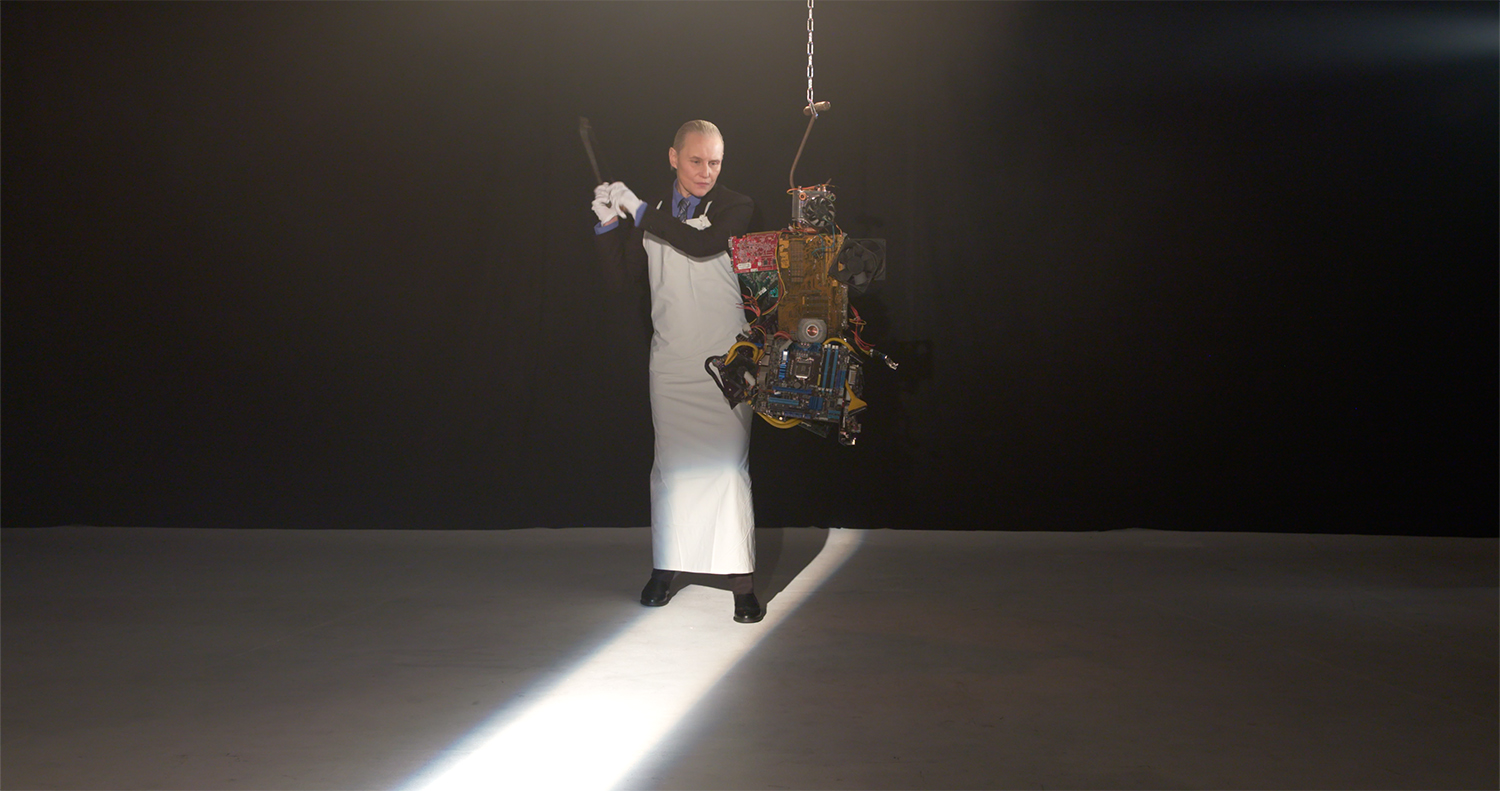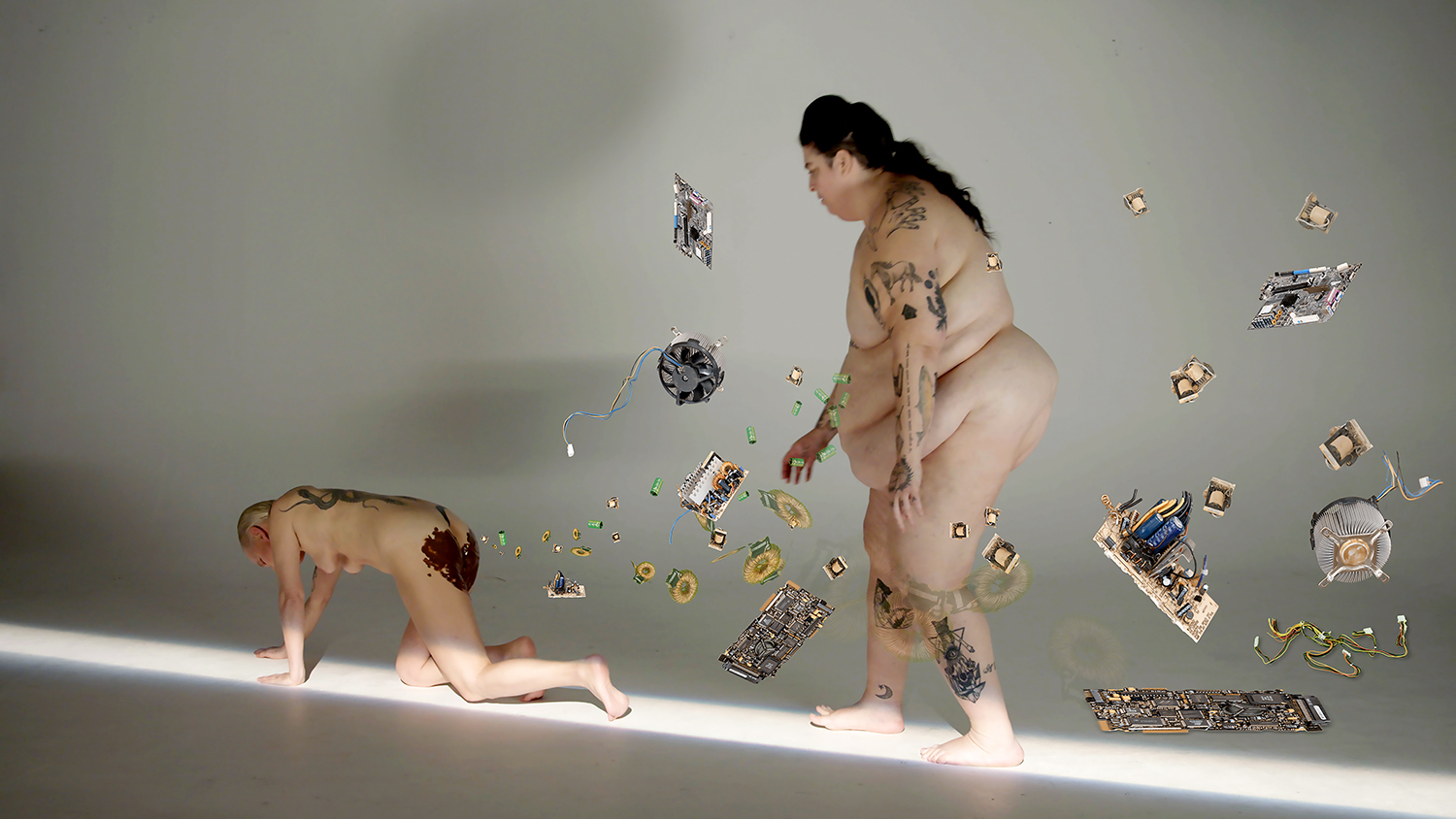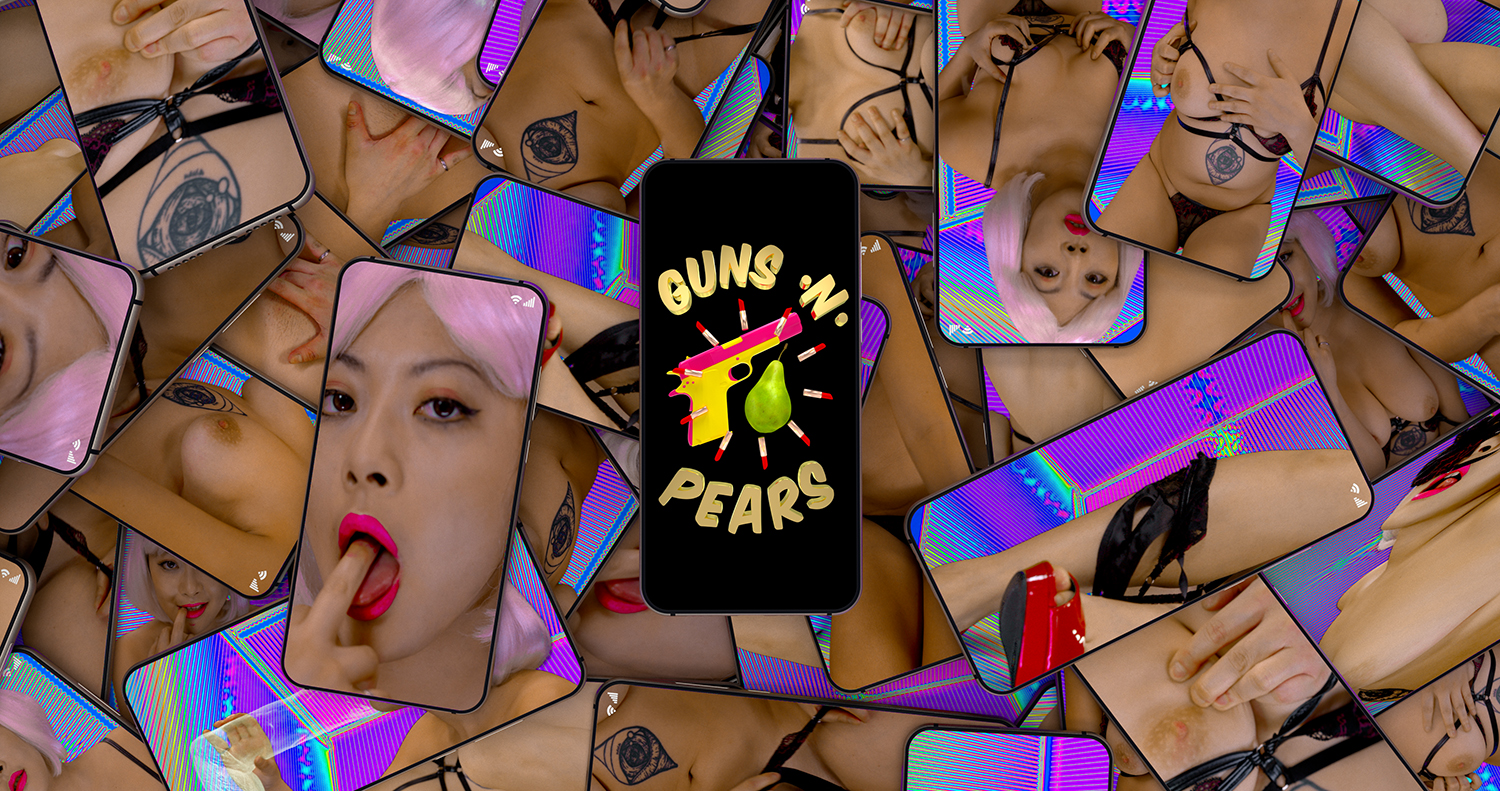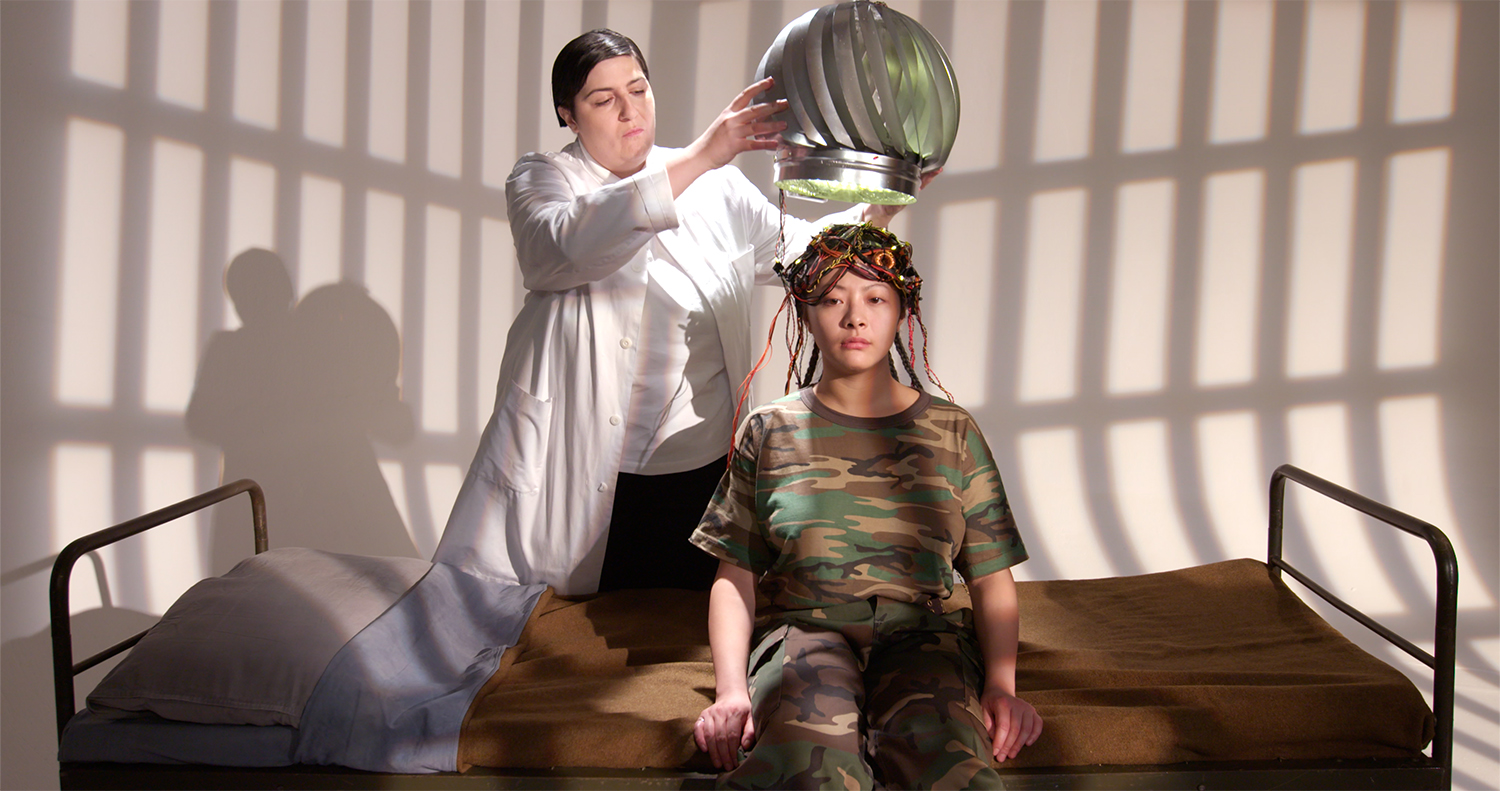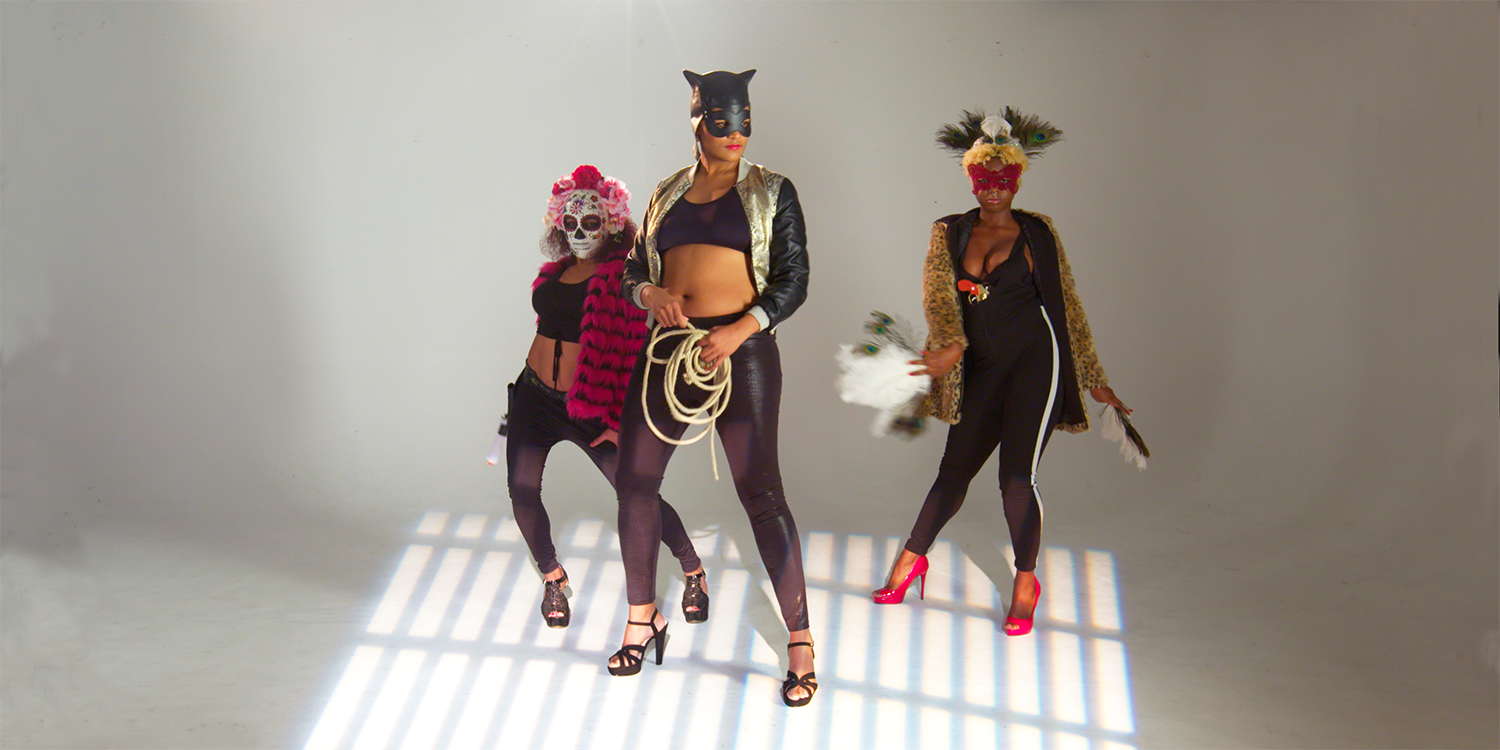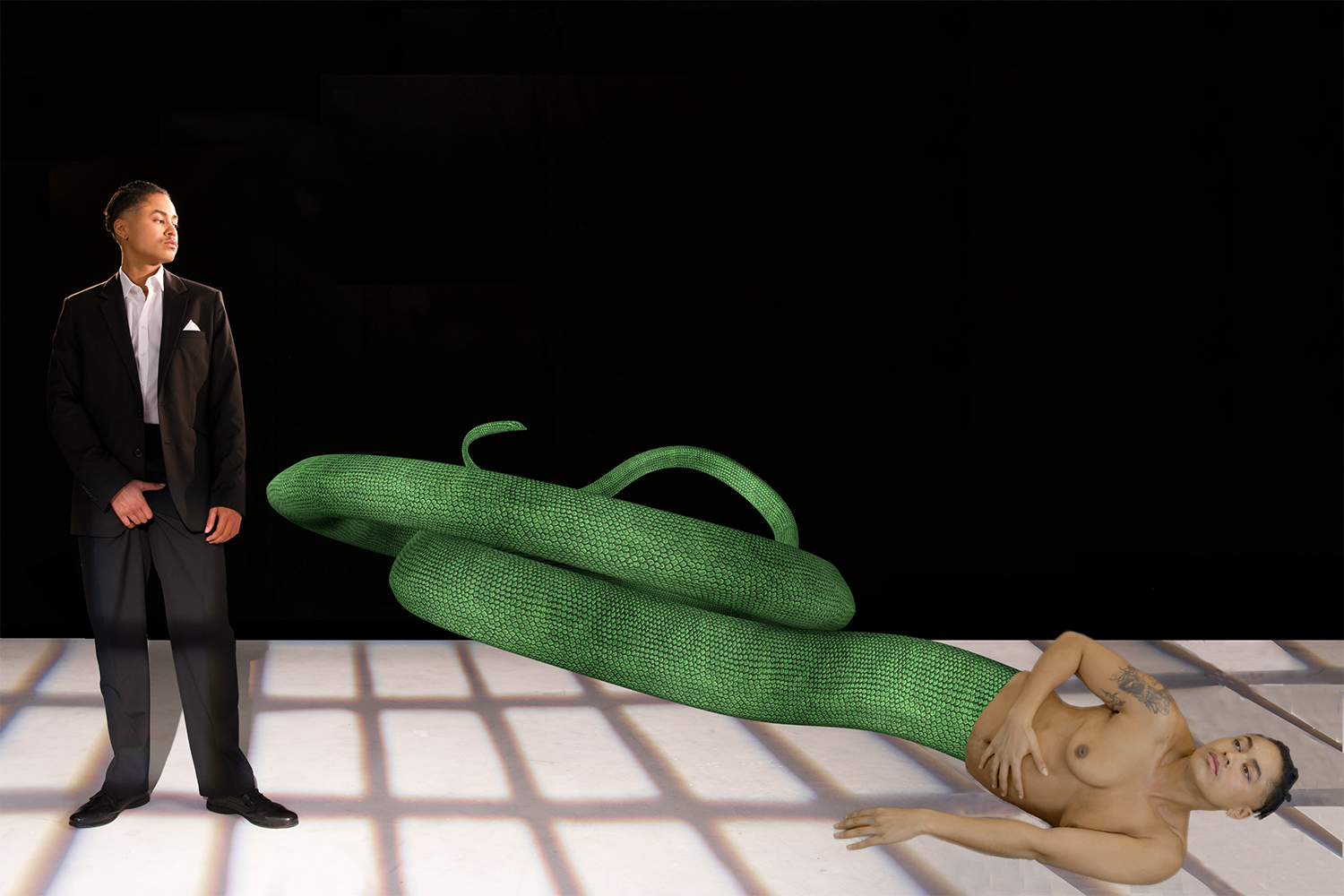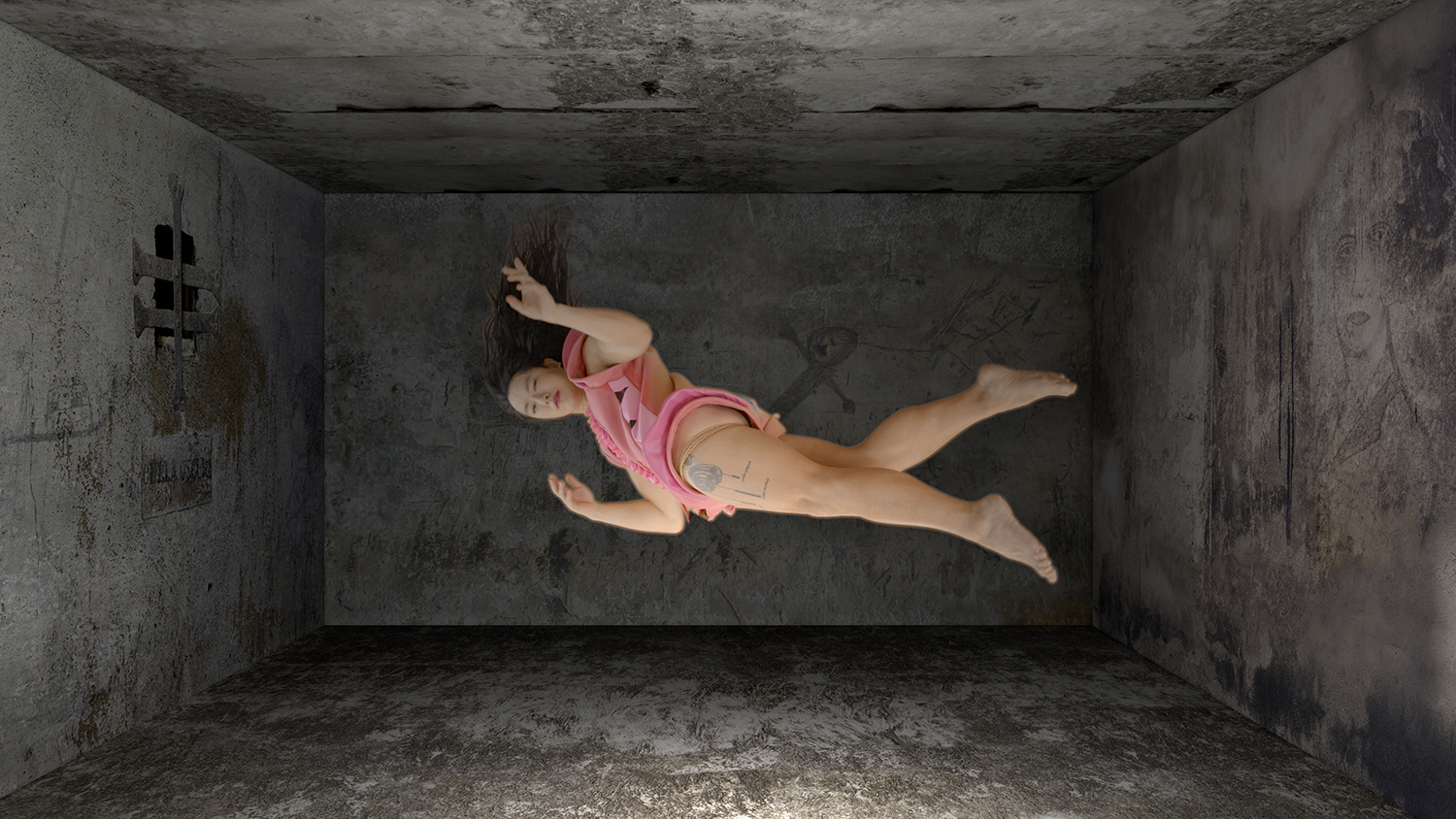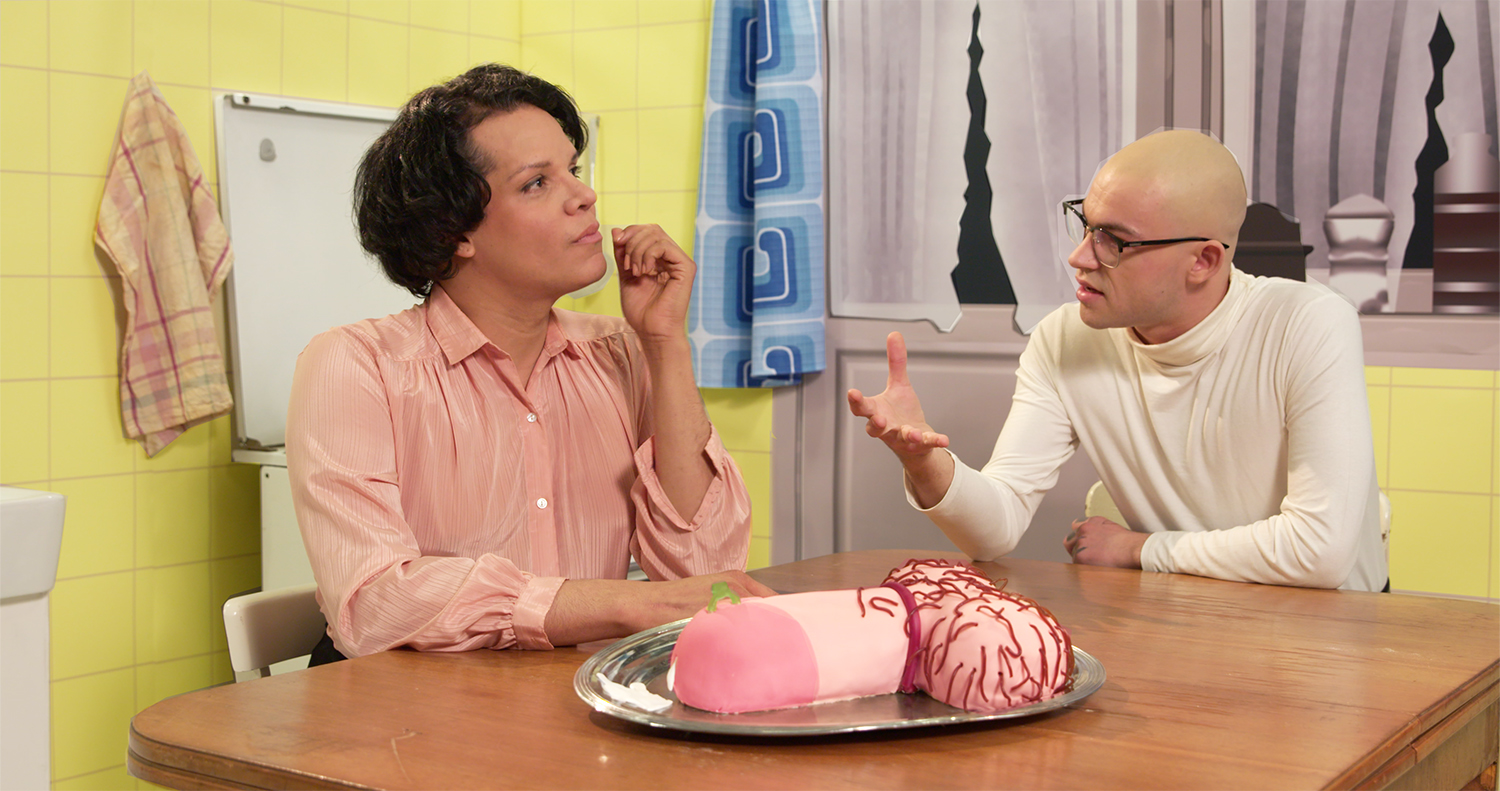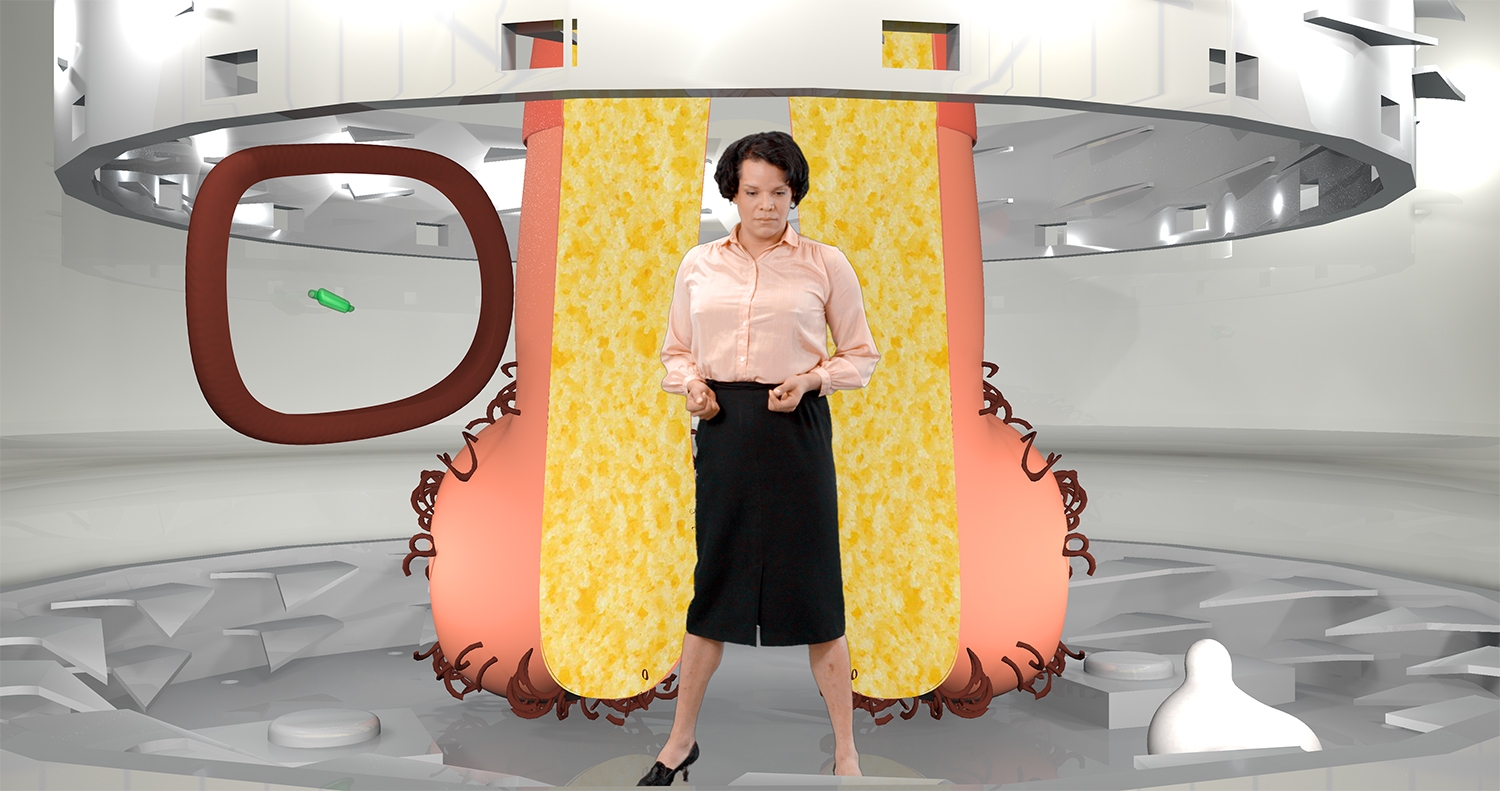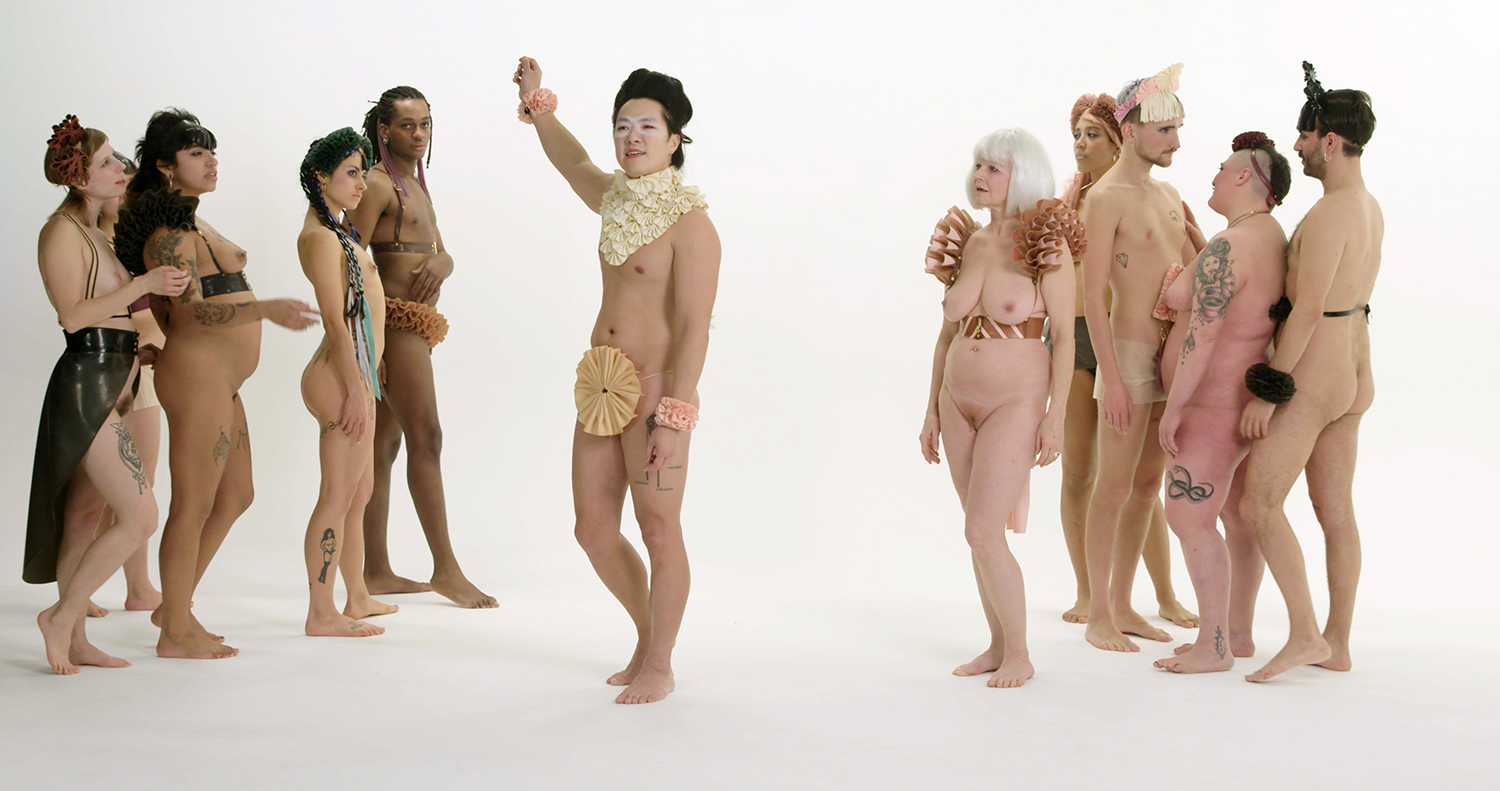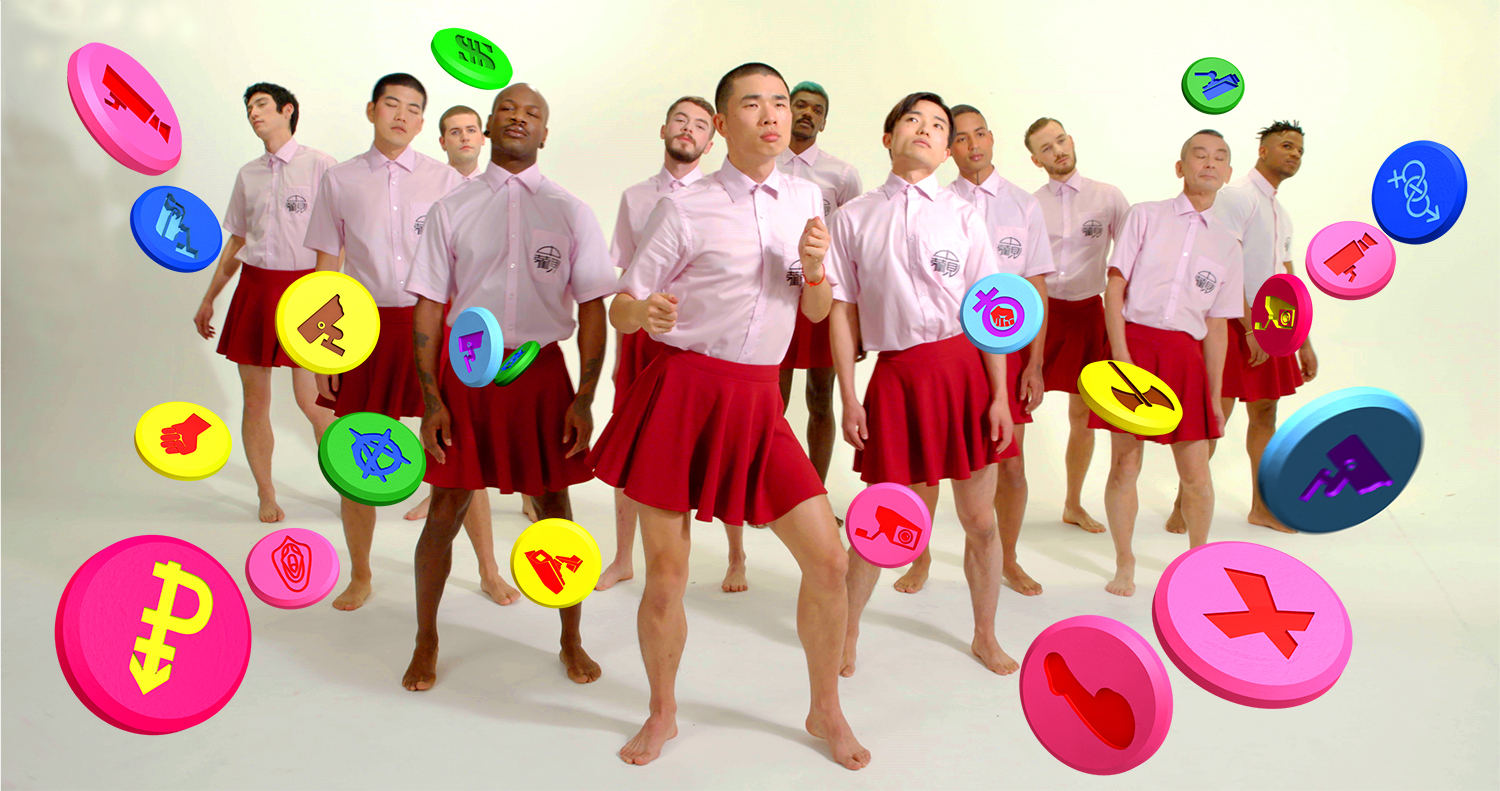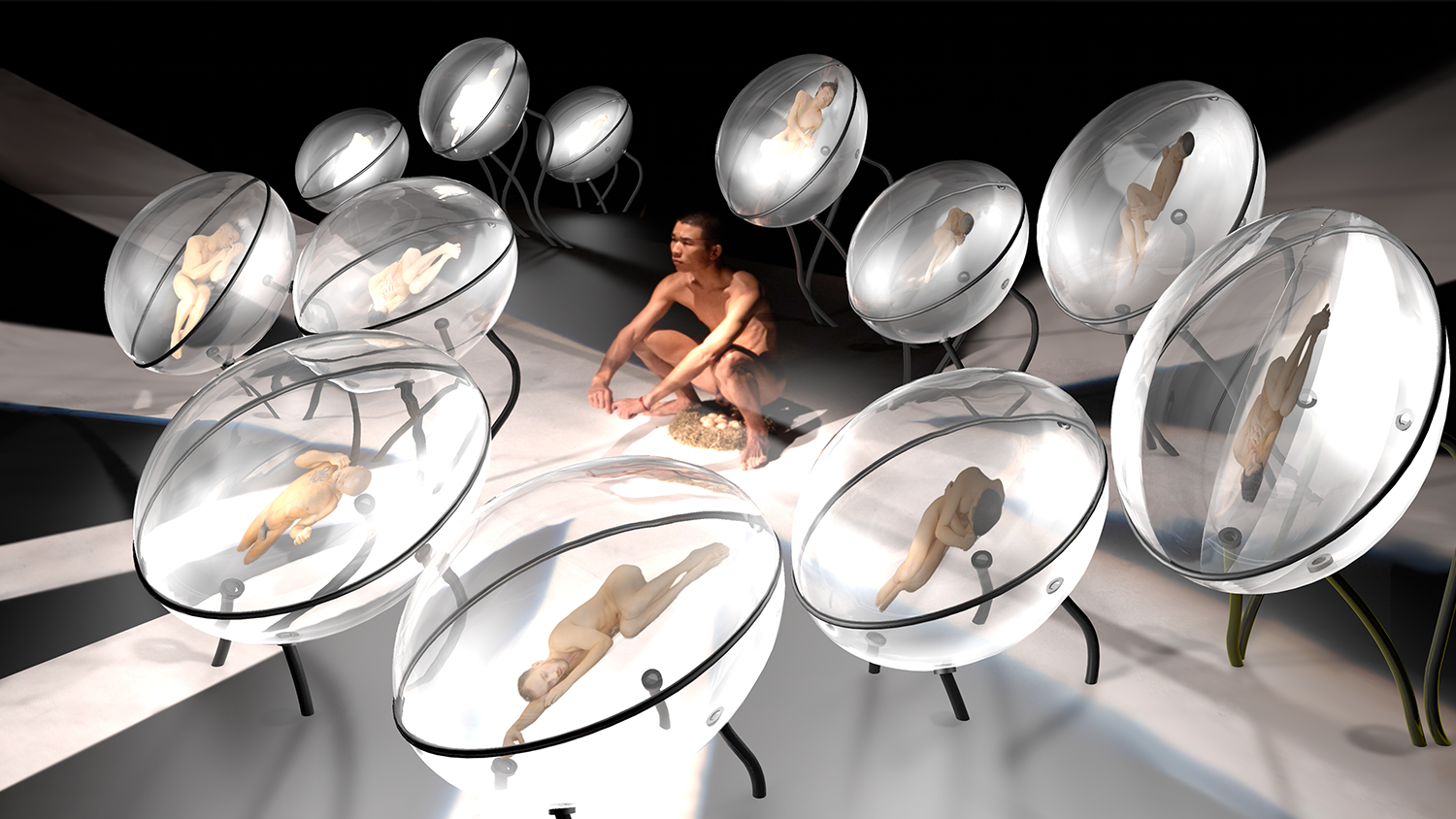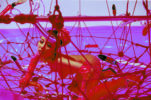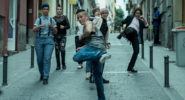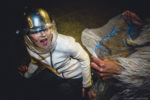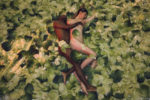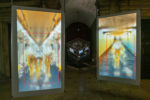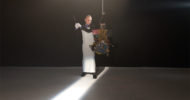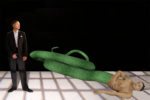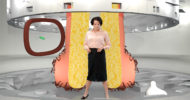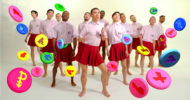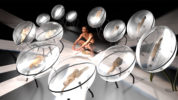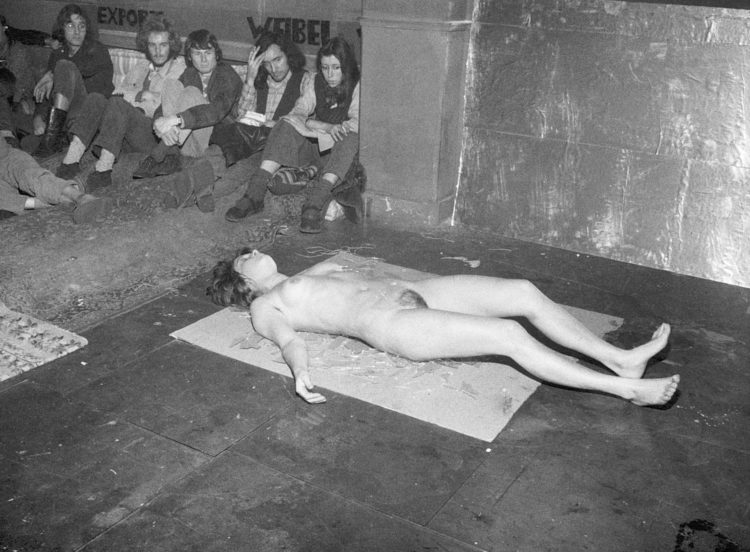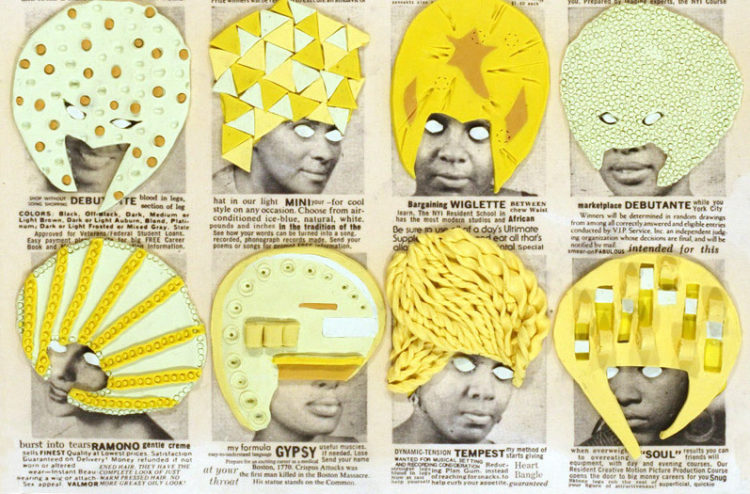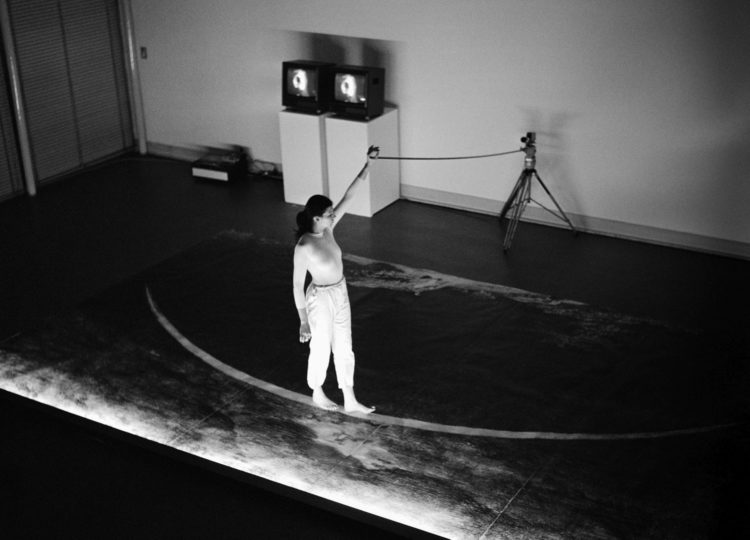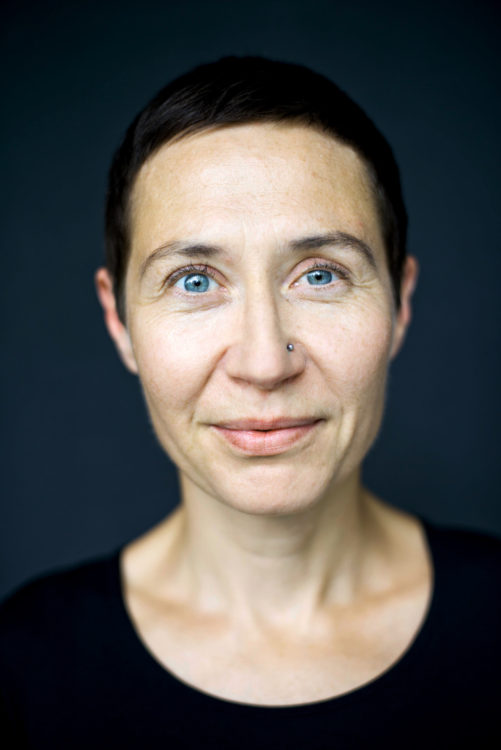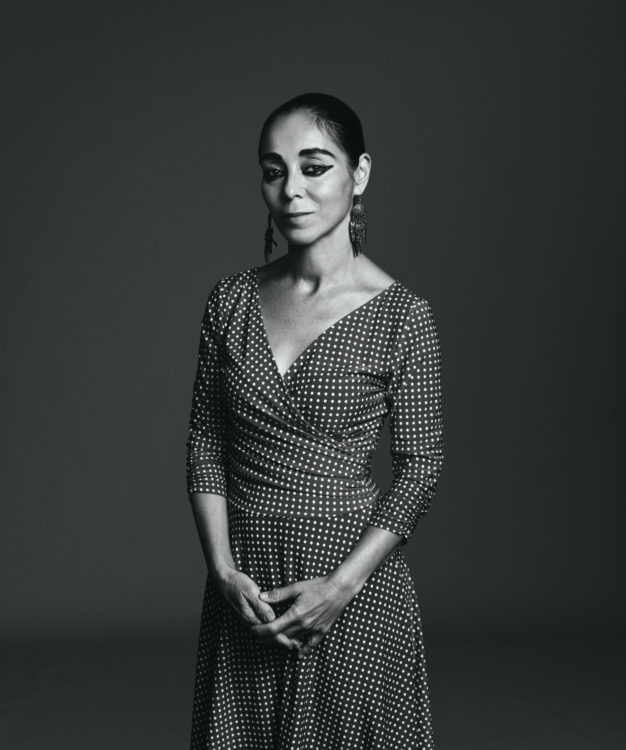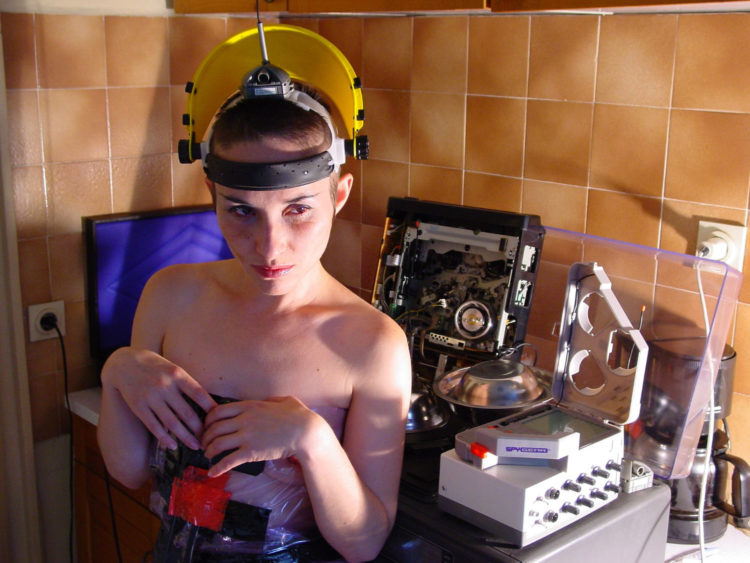Shu Lea Cheang
Taiwanese video and new media artist.
Shu Lea Cheang moved to New York in 1977 to follow a Master of Arts course in Cinema Studies at New York University. There she joined the activist collective Paper Tiger Television, for whom she produced weekly DIY programmes in the form of reviews/reportages on contemporary counter-culture.
Her first landmark exhibition was held in 1990 at the Whitney Museum of American Art in New York and featured her video Color Schemes (1989) – which now forms part of the collections of the Museum of Modern Art (MoMA) in New York – as part of an installation. It represented a follow-up to her work at Paper Tiger Television, which involved interviewing twelve performers and writers as they recounted their experience of racism at the heart of the American entertainment industry.
Shu Lea Cheang pursued her cinematographic oeuvre by releasing her films on the institutional circuit and embracing the so-called “new media” through Buy One Get One at the NTT Intercommunication Center in Tokyo in 1997, depicting a bento box designed to log a traveller’s every move by means of a webcam and internet connection. This installation anticipated by an entire decade, and in experimental approach, the explosion of social media and self-representation technologies. Shortly afterwards, implementing her research into the burgeoning realm of Net art, she went on to make Brandon (1998-1999), the first online work to be commissioned by the Solomon R. Guggenheim Museum, a memorial website dedicated to Brandon Teena, a young trans man whose rape and murder in 1993 in Nebraska sent shockwaves throughout the United States.
In 2000 her film I.K.U. was presented at the Sundance Film Festival and became a launch pad for her exhaustive video research into contemporary sexuality and its various offshoots: gender identities, the widespread development of erotic practices and the spectre of HIV/AIDS. The work recycles the cyberpunk aesthetic by freewheeling between the science-fiction film genre – Ridley Scott’s Blade Runner (1982) – and the low-budget but highly creative TV adaptations of Japanese shonen, epitomised from 1993 by Power Rangers. I.K.U. centres on rival corporations as they compete to map desire and commercialise orgasm. This visionary piece charts the transformation of individual data into new commodities on behalf of private companies, an issue at the heart of current analyses regarding so-called data capitalism, as formulated by theorists such as Shoshana Zuboff and McKenzie Wark.
The future, its pessimistic anticipation and the fate of LGBTQI+ communities are all recurrent themes in Shu Lea Cheang’s oeuvre and represent the cornerstones of the first feature films she directed in the 2010s: Fluidø in 2017, which was entered for the Berlinale, and Wonders Wanders, released to coincide with the 2017 Madrid Pride. For the 2019 Venice Biennale, under curator Paul B. Preciado, she presented 3x3x6, a panoptic installation accompanied by ten films highlighting memorable cases of imprisonment as a result of gender or sexual dissidence.



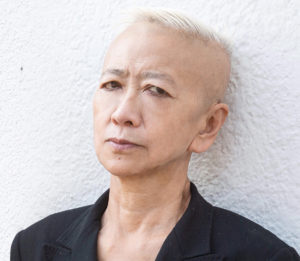
 3x3x6 – 10 portraits
3x3x6 – 10 portraits  Uki Virus Rising
Uki Virus Rising 
